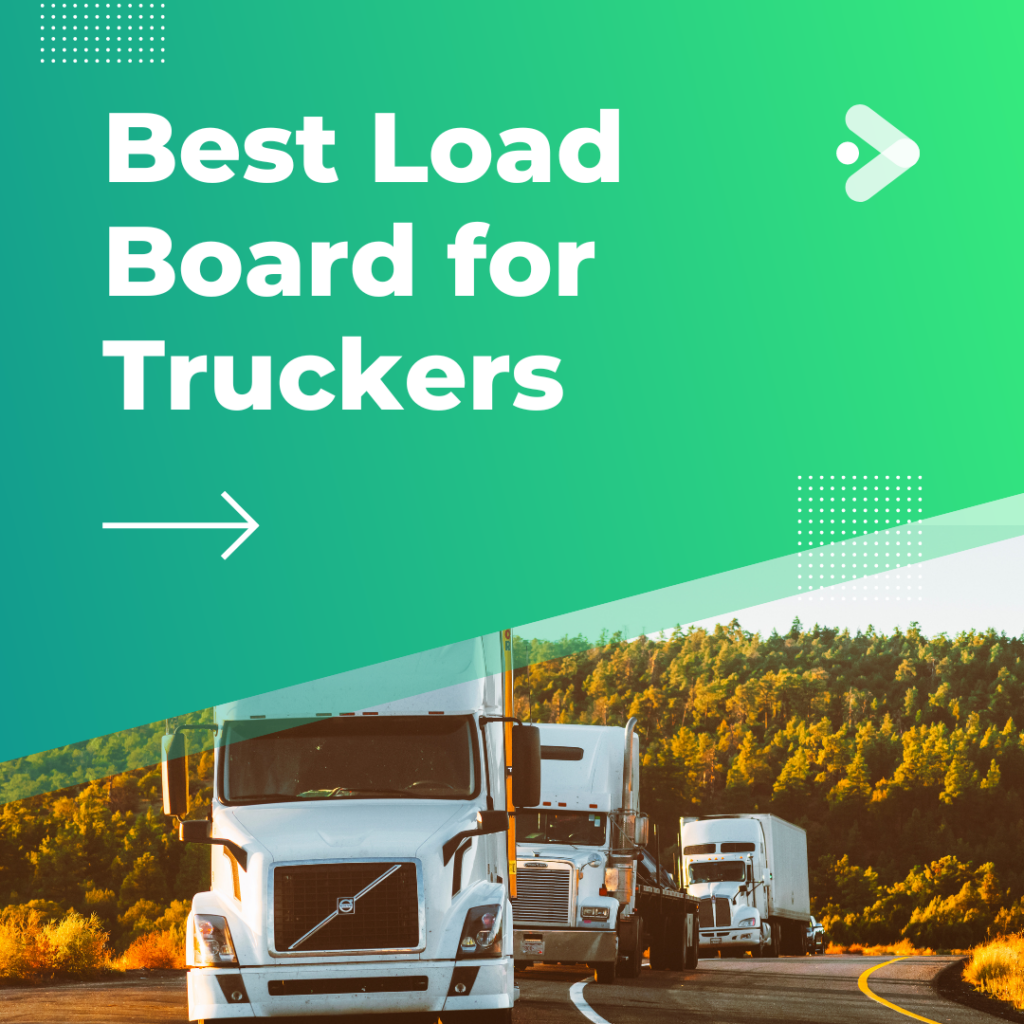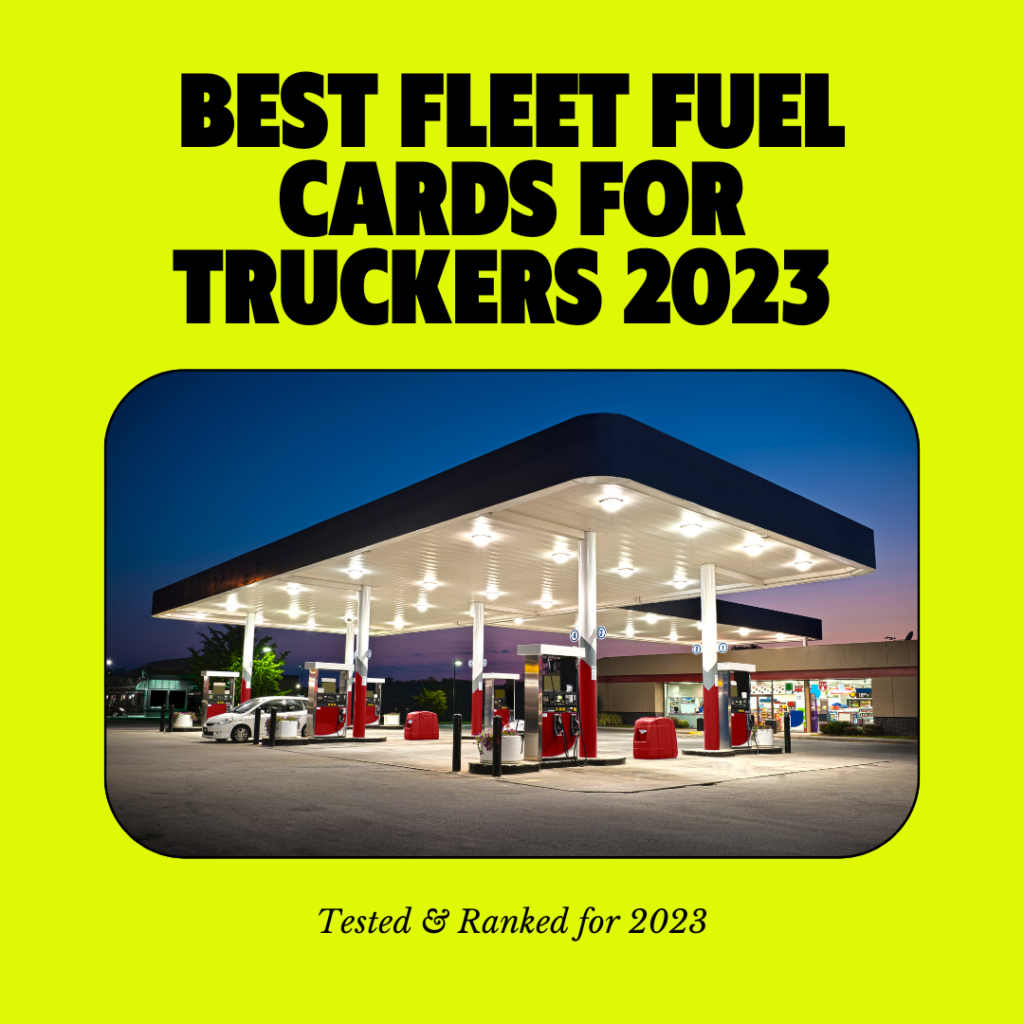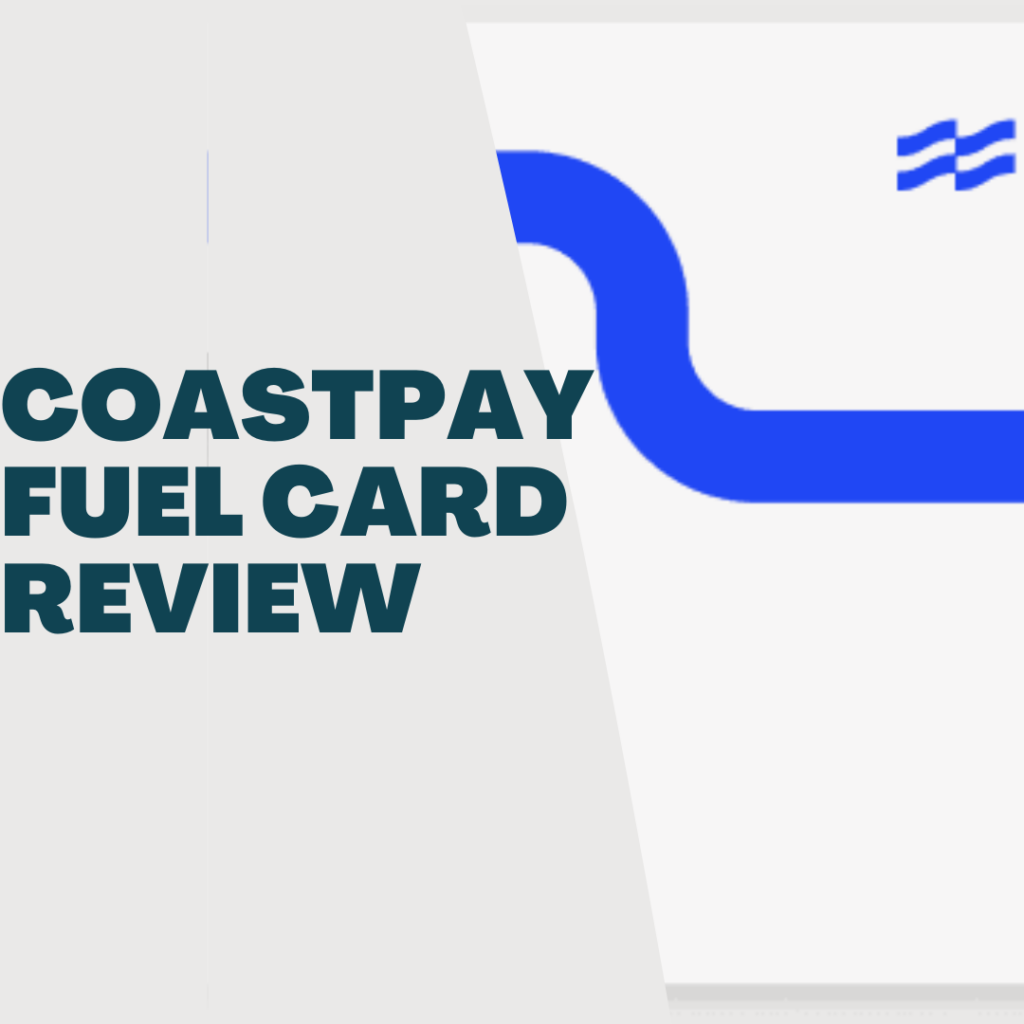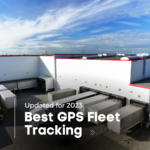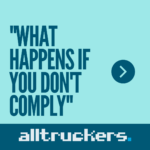If your trucking company needs a new semi-truck, you generally get to pick from two options – to buy or to lease.
It’s all about making smart financial decisions for your company. Businesses with robust finances can choose to pay outright or take out a loan on a new truck, while businesses that are looking to lower their monthly overhead may opt for leasing.
Commercial truck leasing is significantly cheaper than what you would pay as monthly loan installments when buying a truck outright. So, how does commercial truck leasing work? How much does it cost? What should you consider before leasing a truck?
Read on, to get answers to these questions and more.
What Exactly Is Commercial Truck Leasing?
In commercial truck leasing, the leasing company lends the vehicle to you for a defined period in exchange for monthly payments. The company retains ownership of the truck and your use of the truck will be subject to rules and restrictions.
Some of these rules can include:
- Mileage limits: some companies will stipulate the number of miles you can cover during the duration of your lease. Any extra mile would warrant additional costs.
- Maintenance: you are responsible for fueling and routine maintenance of the truck. The vehicle must be kept in good condition with limited wear and tear.
You can terminate the lease at any point, but you must pay an early termination fee if you do so before the conclusion of the specified period in the agreement.
Leasing trucks for your business gives you lots of flexibility since you get to choose the lease option that fits the needs of your business. Some companies also offer full-service leases, which gives you access to fleet management and maintenance services as a part of your lease agreement.
How Do Lease Payments work?
Your monthly lease payment will typically be structured like this:
Lease payment = Depreciation fee + finance fee + sales tax
- Depreciation Fee: this is the cost of the depreciation of the asset over a given amount of time.
- Finance fee: This is a fee you pay for leasing a company’s truck.
- Sales tax: Sales tax is different for different states and counties. Sales tax Compliance is dependent on the sales tax laws within your state. Sales tax exemptions are available for certain leasing companies but not all. In such situations, tax exemption certificates must be presented and filed in case there’s auditing.
Closed End Vs Open-End Lease
There are two types of leases that are available to trucking companies, they are:
Closed-End Lease
This type of truck lease is also called a walkaway lease. In a walkaway lease, you get the truck for a set period and with clearly defined mileage limits.
You will be responsible for the maintenance of the vehicle, while the leasing company will be responsible for the risk of any additional depreciation of the truck below its residual value.
The residual value is the final value of the truck after expected depreciation has been deducted.
If after the duration of the lease, and the truck has depreciated below its residual value, you will not be responsible for compensating the company. However, if your maintenance of the truck is below par, you must reimburse the company for the excess wear and tear on the truck.
Open-End Lease
An open-end lease is different because the duration of the lease and mileage limits are flexible.
However, unlike a walkaway lease, you must refund the leasing company if the truck depreciates below its residual value.
That is if a truck is worth $20,000 and its expected depreciation for the duration of the lease is $5000. The residual value will be $15,000.
In an open-end lease, if after the expiration of the lease, the value of the truck has depreciated to $13,000 – you must reimburse the company with $2000.
In a nutshell, in a walkaway lease, the company will be responsible for the cost of additional depreciation, while in an open-end lease, you will be responsible for the cost of any additional depreciation.
Most trucking companies often choose the open-end lease option. This is because you get lots of flexibility and you only pay when you use the truck.
Payments That Are Made Before a Truck is Released.
Here are some of the fees that your leasing company will demand before giving their truck to you:
First Installment of the Monthly Fee: most companies will ask you to deposit your first monthly payment before getting the truck. You should note that some companies may waive the payment of this fee.
Acquisition Fee: this fee covers all the administrative costs expended in preparation of the lease documentation. It also covers the cost of obtaining your credit report.
Security Deposit: this amount is set by the company and it is kept as security to offset any losses in the event of a default. If you covered all your payments during the duration of the lease and reimbursed the company for any additional depreciation costs, the deposit will be returned to you.
Disposal Fee: this fee is charged to cover the costs for the disposal of the truck if you decide not to purchase it at the end of the lease agreement.
Payments Made at the End of a Lease
Here are some fees you may be required to pay at the end of your lease:
Excess Wear and Tear Fee: You won’t have to pay for wear and tear if you don’t seriously damage the exterior and interior parts of the truck. Severe damage is construed as excess wear and tear, and payment must be made in this regard. The fee is to repair the vehicle and restore its value, so it can be put back on the highway or sold.
If you made modifications to the vehicle, you will have to pay this fee as well because you are expected to return the vehicle in a similar condition to when it was given to you.
Excess Mileage Fees: Excess Mileage fees apply when you go past the pre-approved number of miles. If you follow the pre-approved mileage instructions, you wouldn’t have to pay this fee. If you intend to drive above and beyond the parameters set for you, then it’s best to negotiate a more flexible lease agreement.
Early Termination Fee: If you’ve already signed a lease contract and want it terminated before the expiration of the duration of your agreement, you’re to pay an early termination fee which can set you back a few thousand dollars.
Why Should You Lease Trucks?
More Cash for Your Business: leasing is much cheaper than other financing options, and this will free up cash for you to invest in your business.
Avoiding taking up a loan to purchase a new truck will also reduce the debt load of your business. Money that would have been spent on interest payments would be directed towards improving operations and growing your business.
Your lease payments are also tax-deductible. Section 179 of the IRS lets you deduct the entire cost of your monthly lease payments from your business taxes.
Newer and More Efficient Trucks: if you get a loan to buy your truck, you are likely to retain that truck for as long as you keep making interest payments for it. Leasing is different.
You only keep the truck for the duration of your agreement, and you can get newer models with the latest technology at the end of your lease term.
This way, your drivers will always use modern vehicles equipped with modern tech like Telematics which lets you track the activities of your drivers.
Reduced Maintenance Cost: As a trucker, it’s not uncommon for you to worry about the integrity of your truck. The older the model and the more it stays on the road, the more the likelihood of you spending heavily on maintenance. The brakes and the tires may just need a replacement, and these can be costly. Also, the truck can break down or be involved in an accident.
With a leased truck, the leasing agency takes care of any major maintenance of the truck and you are only responsible for routine maintenance.
You could always file a claim and be given another truck if your truck is totaled, and the restoration may take a long time. Leasing companies often have servicemen and women dedicated to constant repairs and maintenance of their trucks. This round-the-clock service helps to make your business more efficient at little cost to yourself.
Peace of mind: There’s a certain peace of mind that comes with knowing you have access to the best fleet of trucks when you need them.
Most leasing companies have a regional or nationwide network for truck maintenance and repairs. You’ll never need to make excuses to your clients as you’ll always have a truck on the road with a team of experts providing regular maintenance of your truck.
The Right Truck for the Job: As a trucker, the delivery of raw materials, farm products, pieces of equipment, office supplies, or whatever you deliver should be the only thing on your mind.
Getting a lease also ensures you can lease the right truck for the job. Not all trucks are convenient for all products, and when you own a truck, you’d have to use it as a jack-of-all-trades for every delivery operation, but with a lease, you can quickly get the truck best suited for the job.
This ensures you can focus on the goods hauled without constantly worrying over what may or may not go wrong with the truck.
Branding and Customization: you can add branded decals to your truck and the leasing company will do it for you. The leasing company will also work with vendors to customize your truck for your needs.
They can install features like storage units, ladders, grab bars, racks, backup alarms, and any other additional functionality you need from your truck.
Renting Vs Leasing
Truck renting and truck leasing are similar, but there are also key differences. When you rent, you are only getting the truck for a very short period and all maintenance costs and repairs are covered by the company.
Leasing is different. You will make a down payment, and get the truck for a long period of time – usually five years or more. You may also be responsible for the maintenance of the vehicle depending on the terms of your agreement.
Renting requires daily payments that are much more expensive than leasing, and it is only ideal as a short-term solution. You can use it for a short-term job that requires a specific type of vehicle that is not in your fleet.
Leasing is a better option because it is cheaper and you can own the truck at the end of your lease term (in a lease-purchase agreement).
How Much Does It Cost to Lease a Truck?
The age, size, and model of a truck will determine the cost of leasing the truck.
The average price for leasing a new semi-truck is $1600 per month, while a used truck will cost you $800 or more. This installment fee is separate from your security deposit down payment and other fees listed above.
You also need to take fueling and routine maintenance costs into account.
5 Best Commercial Truck Leasing Companies
Truck lease options and terms vary from one leasing company to another. Do your homework, and take your time to research the terms offered by each company. Below are five of the best truck leasing companies in the U.S.
- Ryder: Ryder offers three truck lease options with an in-built maintenance program that is anchored by a network of over 800 service stations.
- Penske: Penske offers truck rental and leasing. They offer full-service leasing, and your truck will be spec’ d to your needs. There is also a driver app to help drivers schedule service visits.
- JB Hunt: the company offers multiple lease purchase options to drivers that fall under percentage-based or mileage-based plans. Owner-operators are offered many incentives including discounts on fuel and insurance costs.
- PGT Trucking: the company offers the most flexible lease purchase program in the country, and you are not required to make any down payment. You can pay for your truck in just three years, and installment payments are percentage-based.
- Wil-Trans: This is one of the newer companies, but their lease-purchase program is highly rated by drivers. There is no credit check or money down requirement, and you get 100% of the fuel surcharge.
Conclusion
Commercial truck leasing gives your company the flexibility to get the trucks you need at minimal cost, while also getting easy access to maintenance services from the network of your leasing company.
If leasing is the right course for your company, use the information you have gained from this article to select the carrier that offers the best truck lease program for the specific needs of your company.

